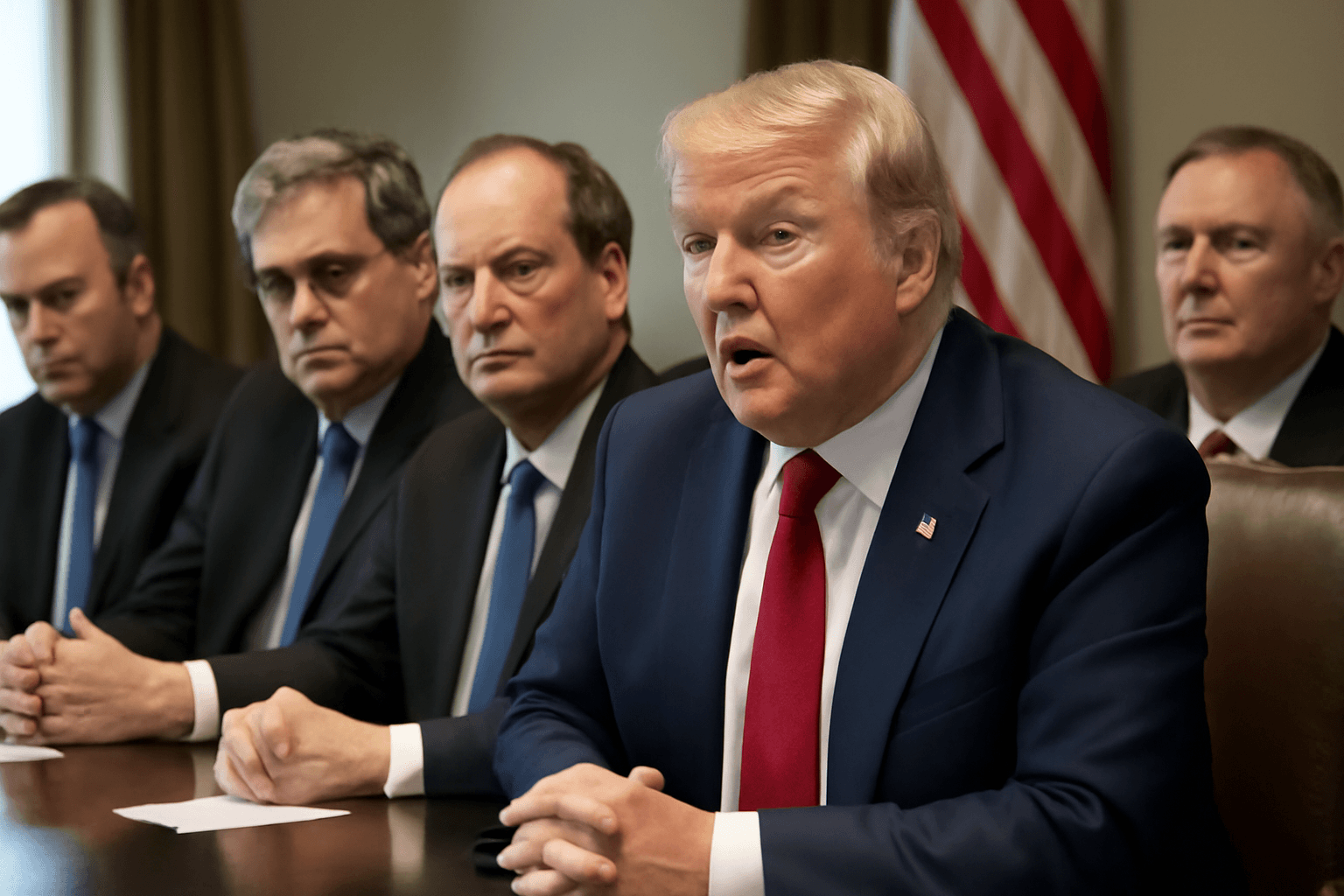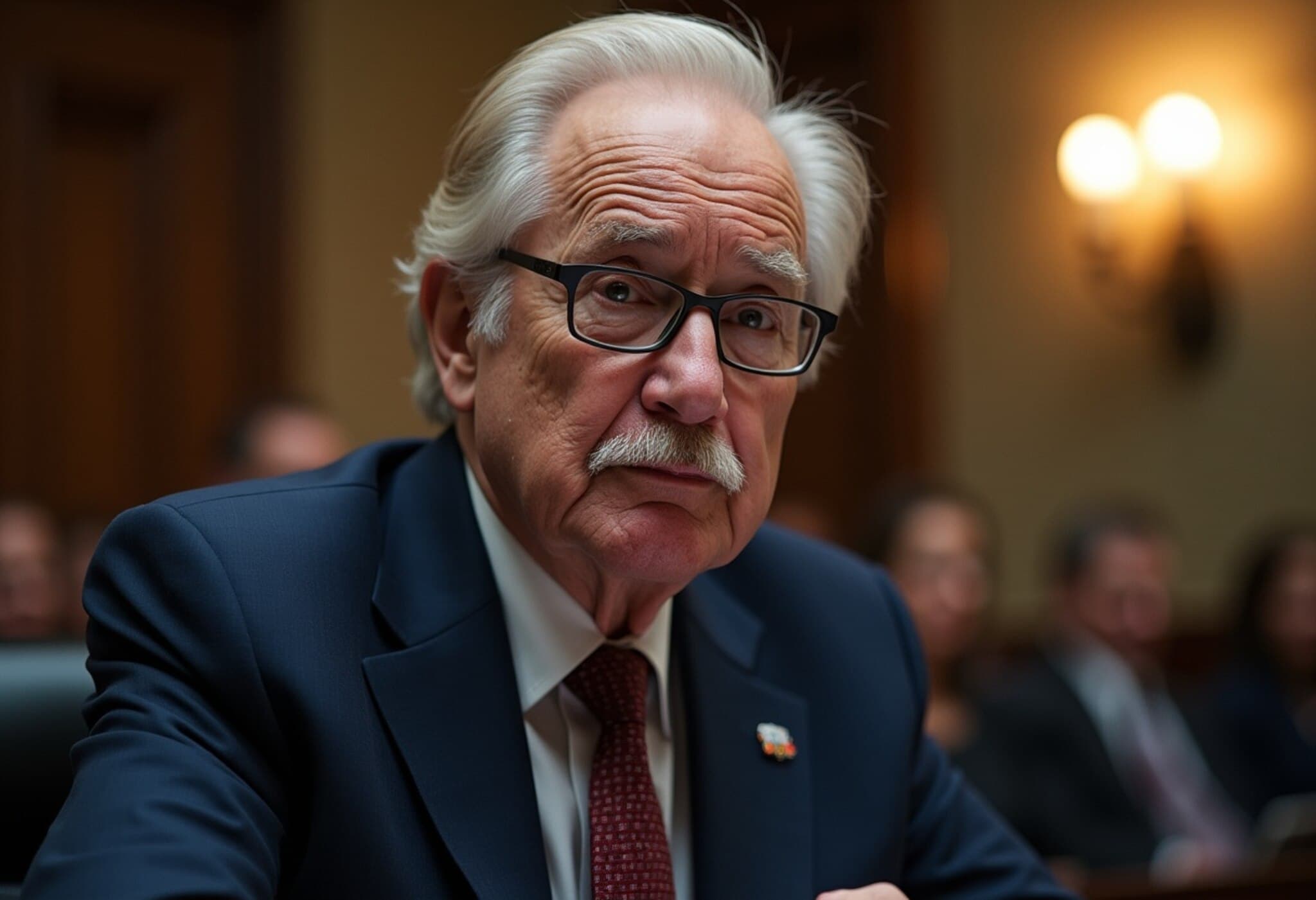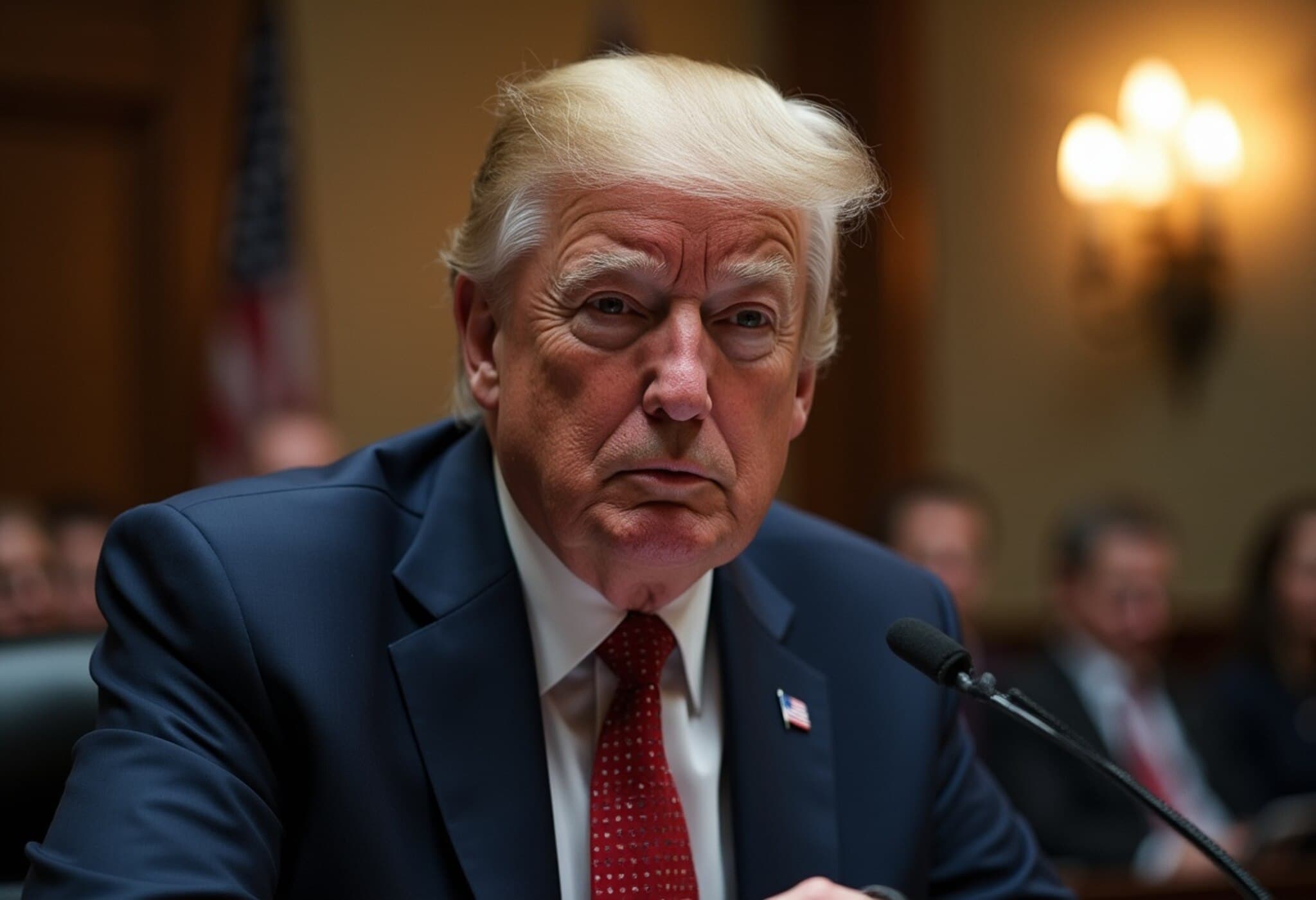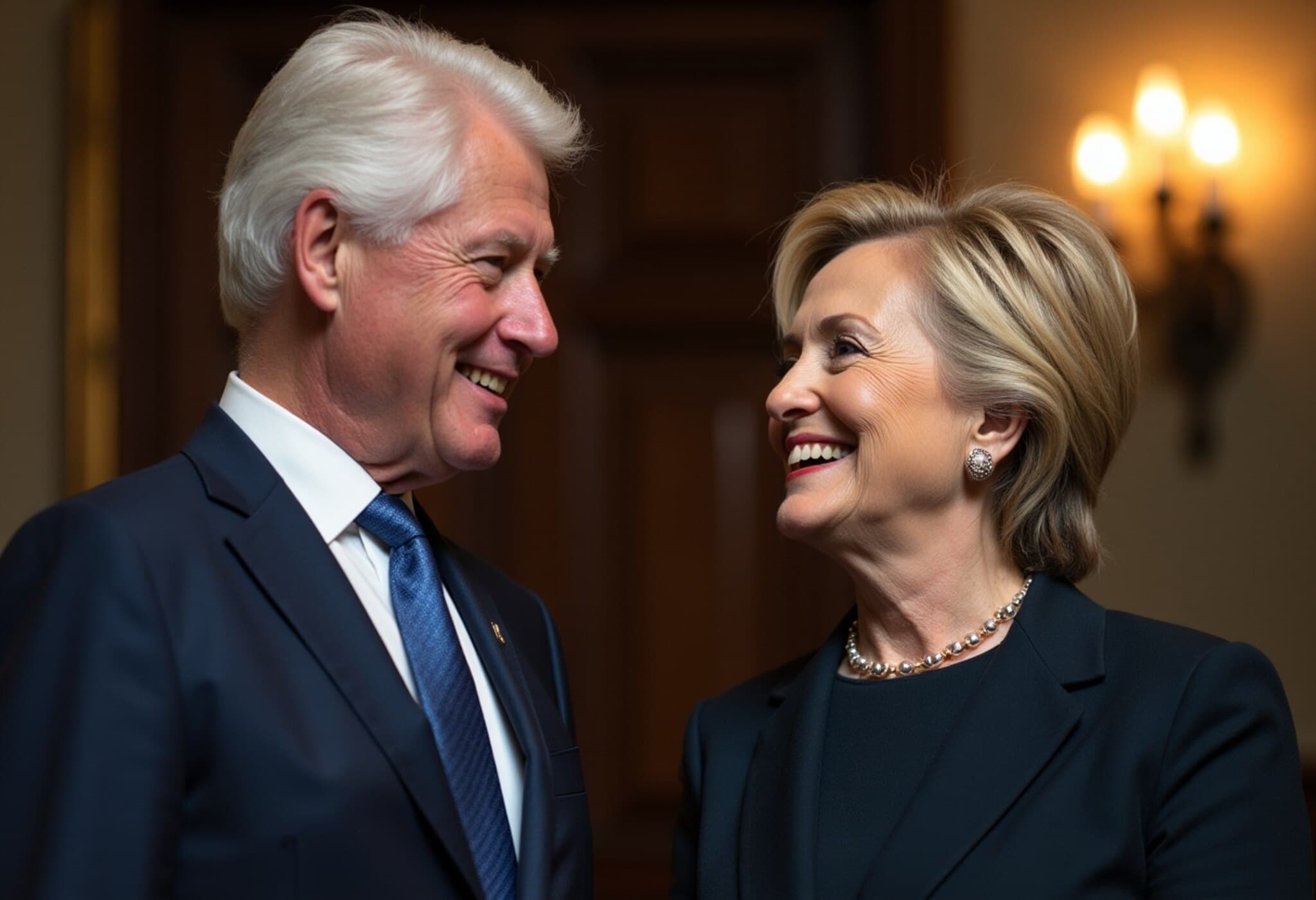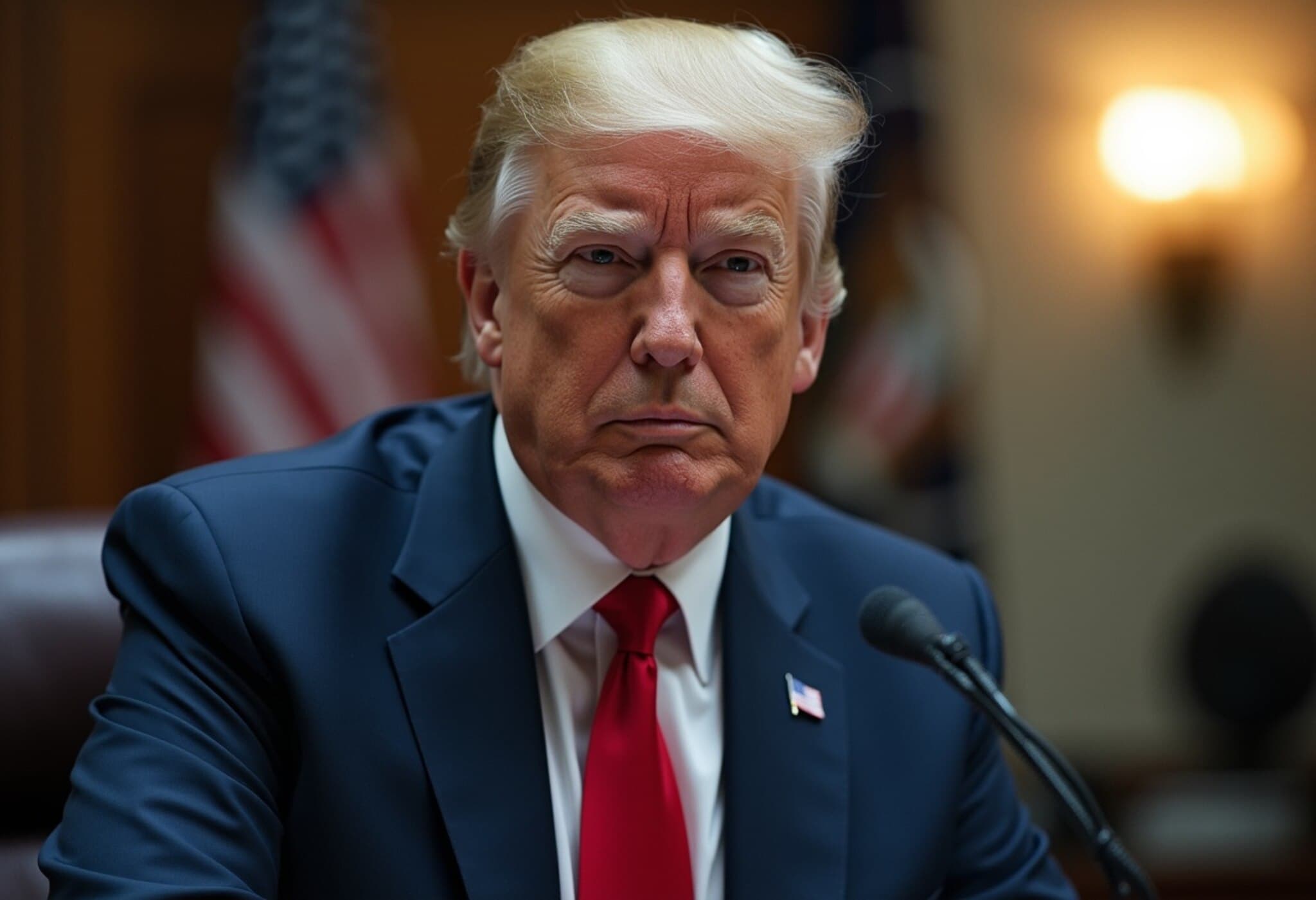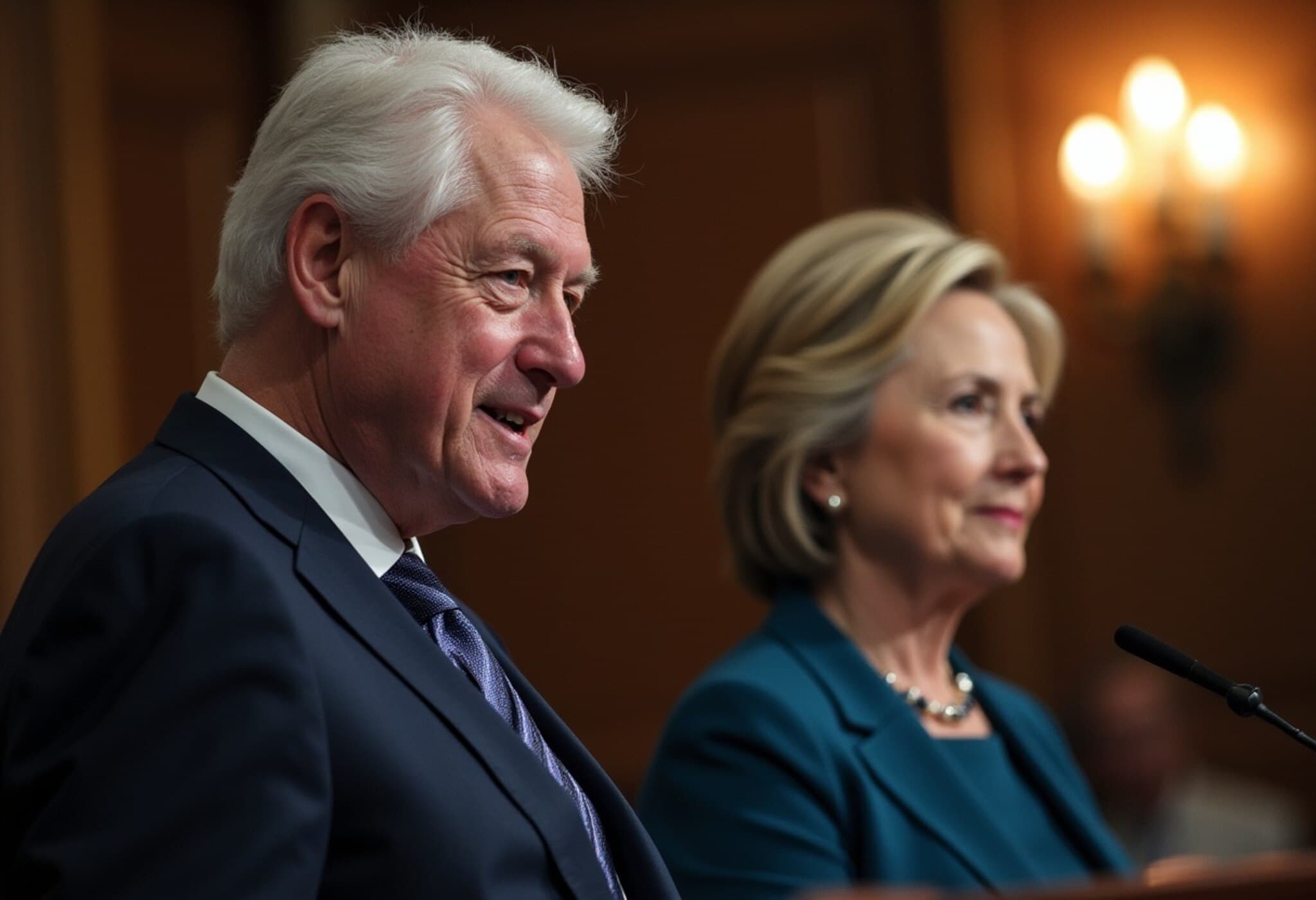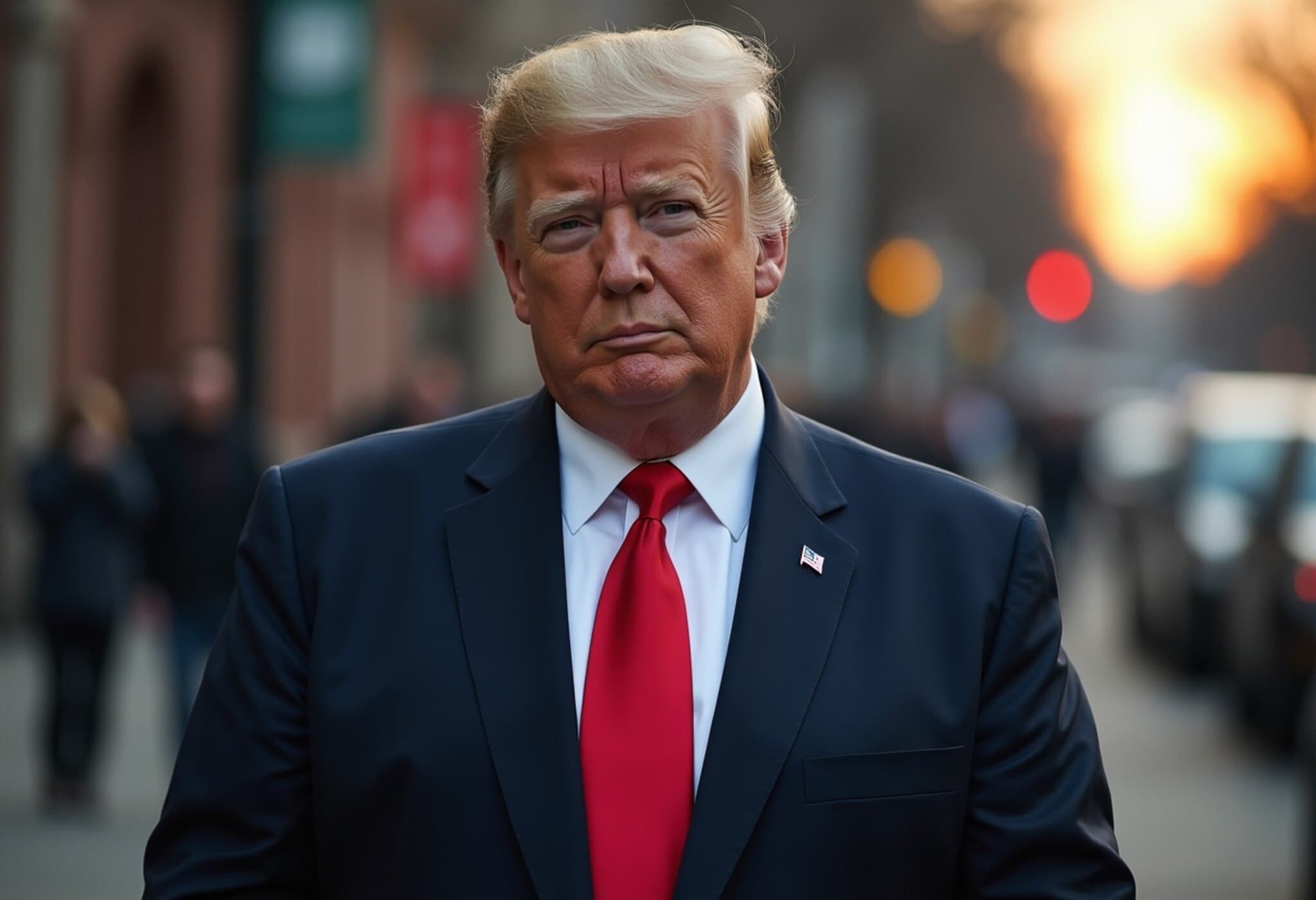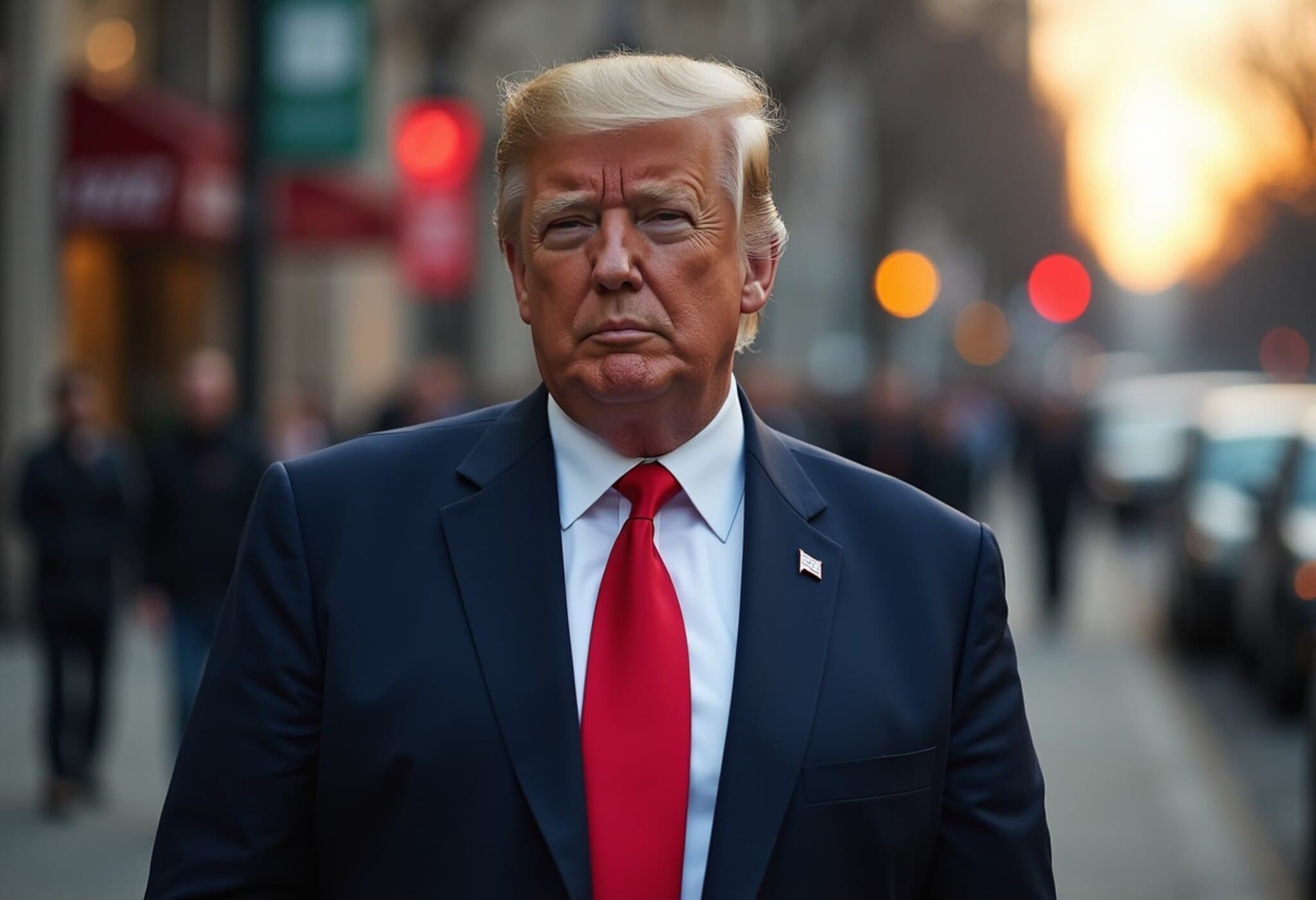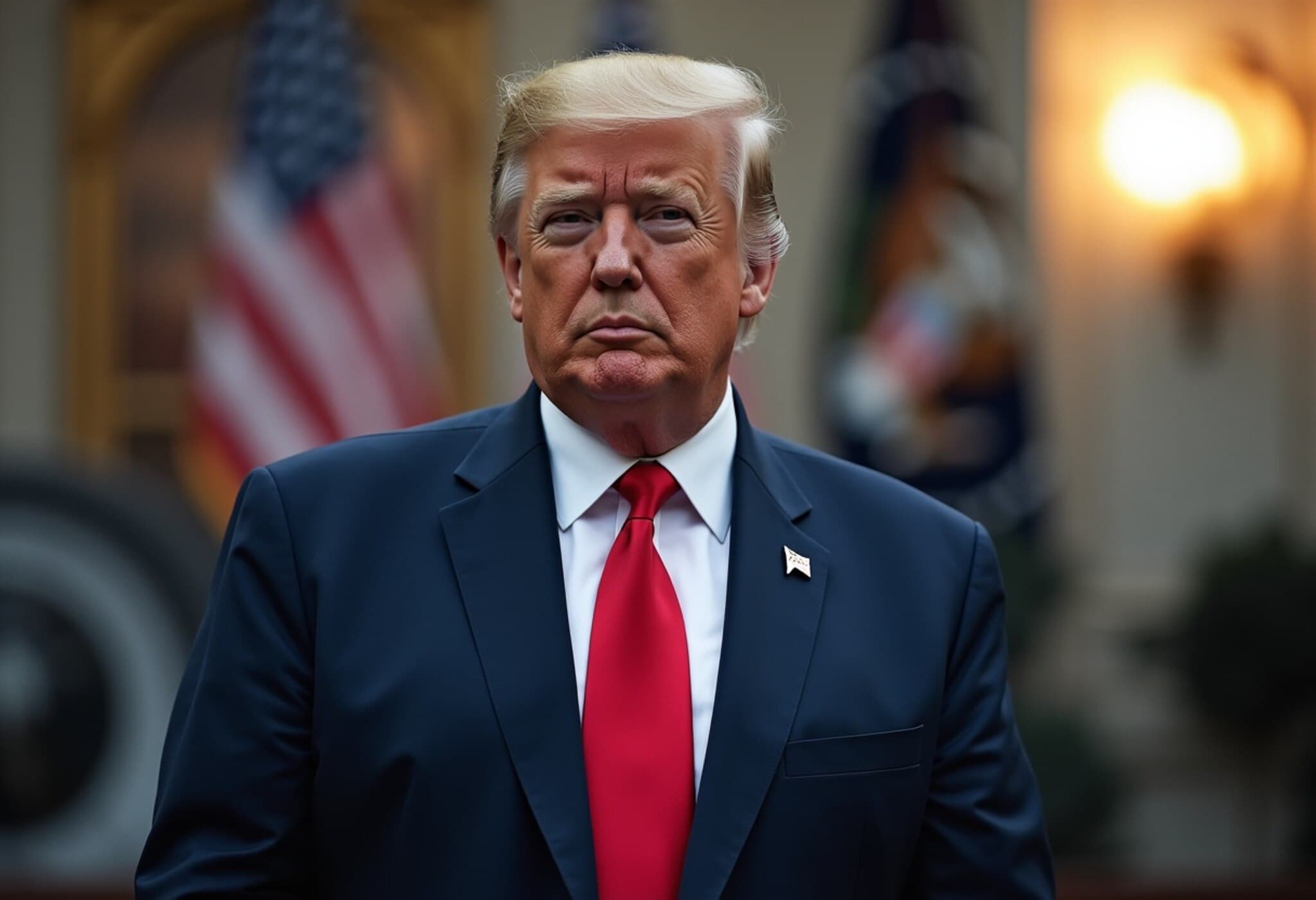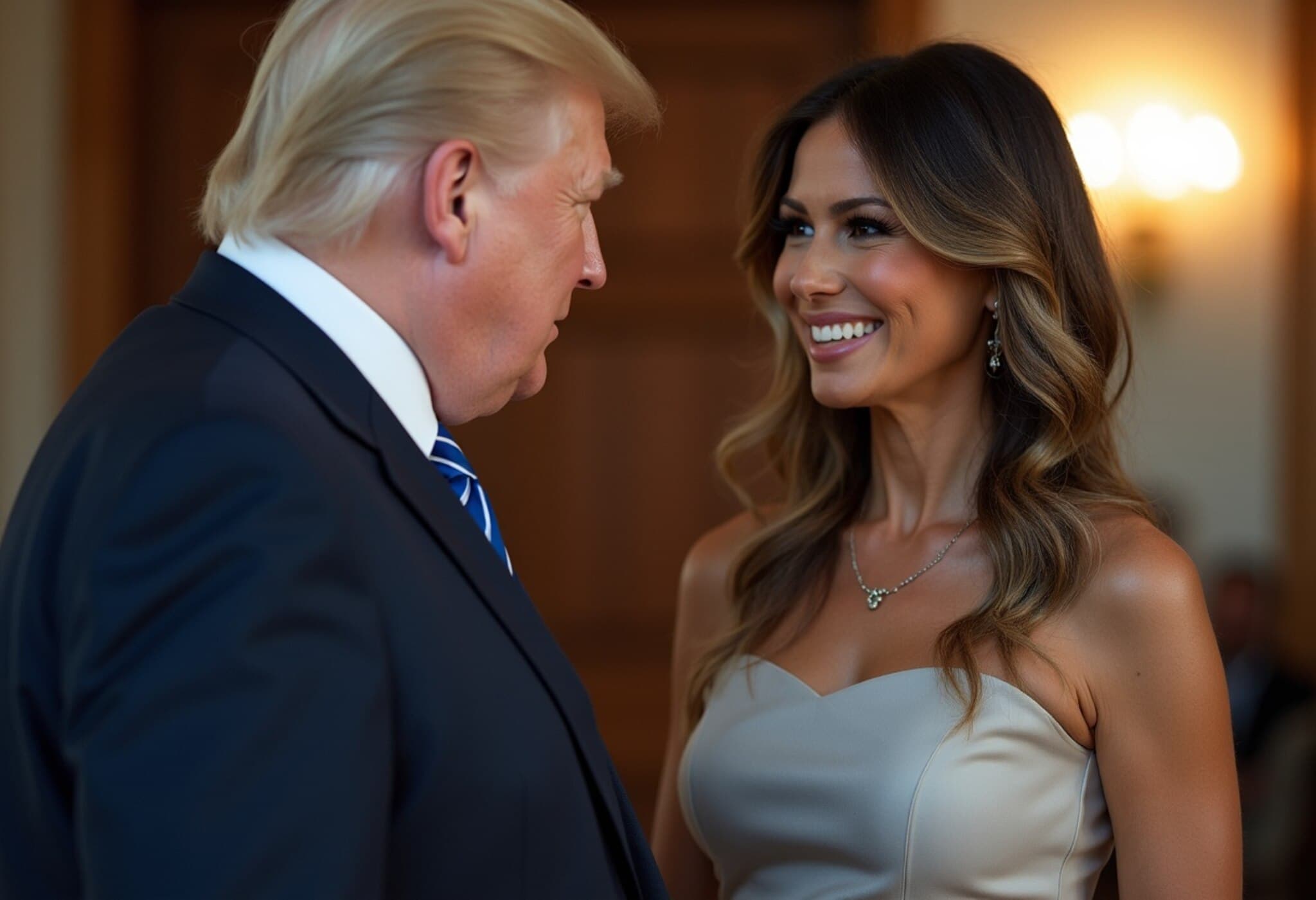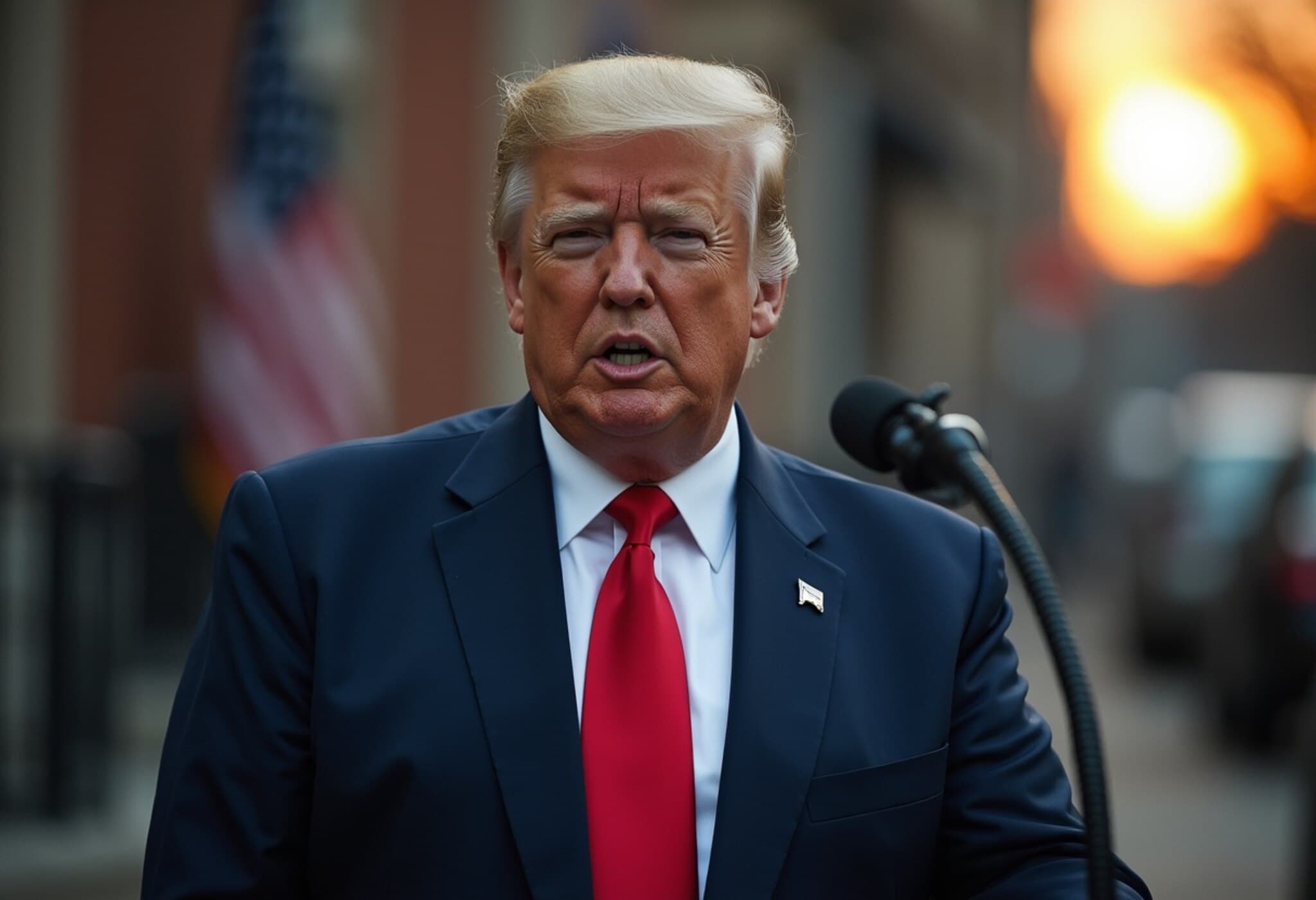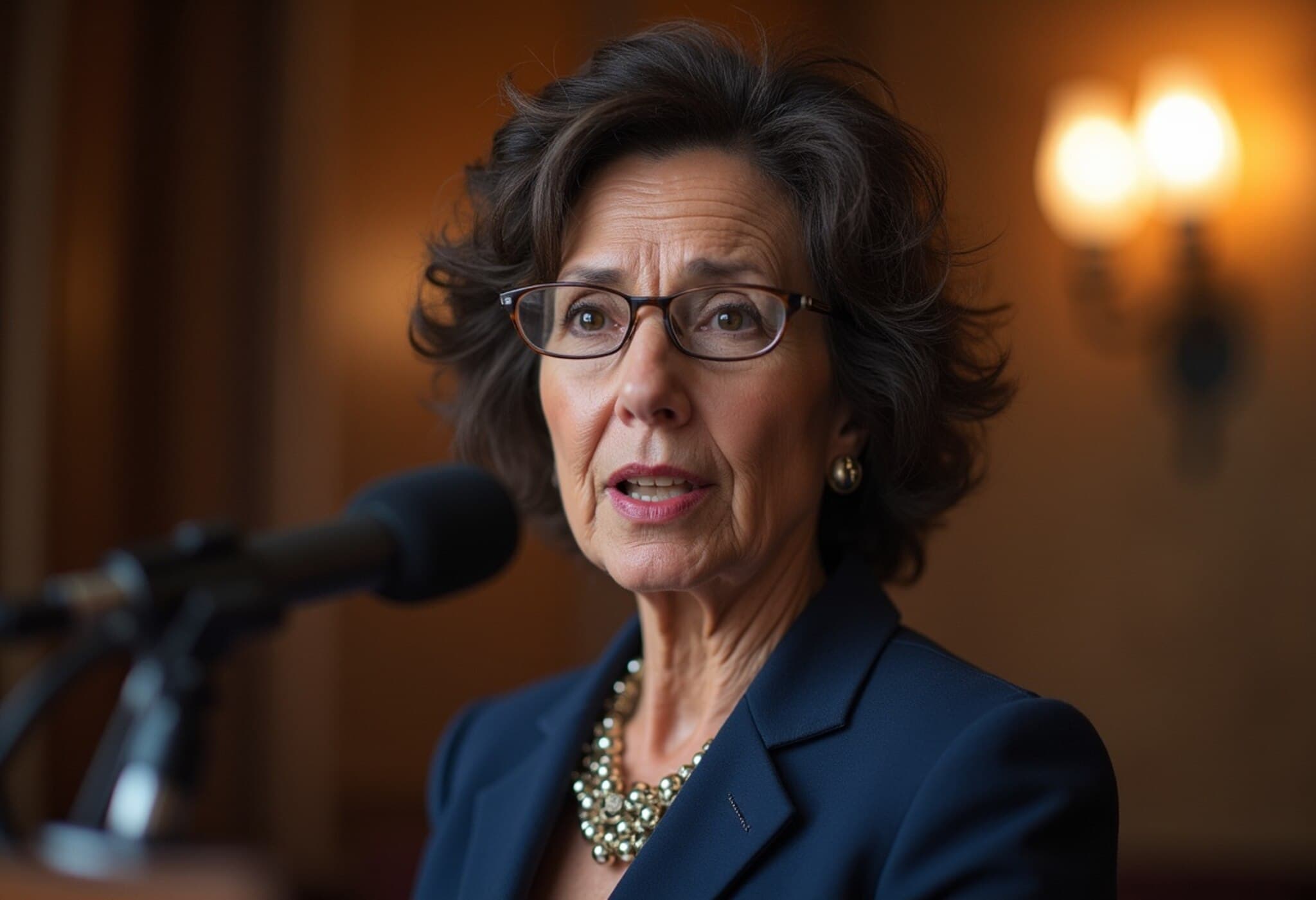Trump Administration Grapples with Epstein Scandal Amid Rising Pressure
As the Jeffrey Epstein case continues to reverberate through American politics, senior officials in the Trump administration are convening to navigate the challenges posed by the growing controversy. The crux of the issue revolves around the government’s handling of the Epstein investigation and reports allegedly linking former President Donald Trump’s name to the scandal.
High-Stakes Meeting at Vice President’s Residence
According to CNN, a critical gathering is scheduled at Vice President JD Vance’s residence, assembling key figures including Vance himself, White House Chief of Staff Susie Wiles, Attorney General Pam Bondi, FBI Director Kash Patel, and Deputy Attorney General Todd Blanche. Their goal: to craft a coherent strategy amidst mounting scrutiny from Congress, victim advocates, and bipartisan lawmakers.
The Delicate Balance of Transparency and Legal Prudence
The Epstein case carries weighty political, legal, and social ramifications. Victim advocacy groups, parties on both sides of the aisle, and the public at large are demanding transparency, especially concerning withheld documents and the administration’s decisions during the investigation. However, officials face the complex task of balancing openness with safeguarding privacy rights and maintaining legal standards—an equilibrium that could influence public trust and even shape voter sentiment ahead of the 2026 midterm elections.
Developments Surrounding Ghislaine Maxwell’s Testimony
Recently, Deputy Attorney General Todd Blanche interviewed Ghislaine Maxwell—Epstein’s longtime associate and a convicted sex offender. Maxwell reportedly responded to hundreds of questions under limited immunity, naming approximately 100 individuals allegedly connected to Epstein’s operations. Notably, her transfer to a lower-security prison in Texas shortly preceded the planned meeting of top officials.
There is speculation that the administration may release portions of the Blanche-Maxwell interviews soon, potentially accompanied by a press briefing or major media engagements. This step reflects an effort to provide clarity while managing sensitive information.
Trump’s Perspective: Protecting the Innocent While Promoting Transparency
Former President Trump defended the handling of the Maxwell interview as "totally aboveboard," emphasizing the necessity of protecting individuals who are not implicated from sheer association. He stated, "Blanche wants to make sure that people that should not be involved or aren't involved are not hurt by something that would be very, very unfortunate, very unfair to a lot of people." Trump also expressed a desire to release all pertinent information but cautioned against causing undue harm, underscoring the administration’s delicate position.
Expert Insight: Navigating a Political Minefield
The Epstein scandal sits at a complex intersection of justice, politics, and public perception. Legal experts note that the government’s approach to releasing information could set precedents for handling sensitive investigations in the future. Meanwhile, political analysts suggest that the administration’s management of this crisis might significantly affect public confidence in federal institutions, particularly in the polarized environment leading up to the midterms.
Moreover, victim advocates argue that transparency is paramount—not just for political optics but for justice and closure. How the administration balances these competing demands will be closely watched by domestic and international observers alike.
What Lies Ahead?
- Potential release of interview materials from the Blanche-Maxwell exchanges.
- Possibility of press briefings or media interviews to address public concerns.
- Continued bipartisan demand for accountability and clarity.
- Implications for midterm election narratives and trust in government agencies.
Editor’s Note
The unfolding Epstein scandal continues to challenge the Trump administration's ability to manage a politically sensitive investigation under intense scrutiny. The balancing act between transparency, privacy, and legal integrity remains delicate, with significant implications for public trust and democratic processes. As more information emerges, readers are encouraged to consider not only the political dynamics but also the human stories behind this high-profile case, reflecting on how justice and accountability intersect in the corridors of power.

